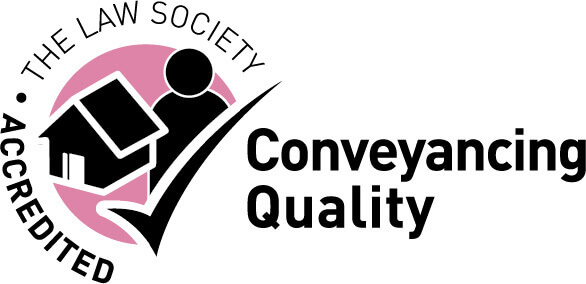The Building Safety Act 2022 is one of several pieces of legislation and guidance being implement by the Government to enhance building safety in the wake of the 2017 Grenfell Tower Disaster. It is hoped that the Act will help people be, and feel, safer in their homes and will change the way buildings are designed, constructed, and managed.
The Act focuses on 5 key areas:
- Safety and standards for all buildings in England and Wales.
- Assuring the safety of higher-risk buildings, both in terms of construction and occupation.
- Improving the competence of the people responsible for overseeing, managing, and delivering works to higher risk buildings.
- Ensuring clearer standards and guidance.
- Putting residents at the heart of a new system of building safety.
We’ve summarised the key points of the Act below:
- The Act applies to new or existing occupied buildings over 18m (or more than seven storeys) high, which contain at least two residential units.
- The design, refurbishment, and construction requirements also apply to care home and hospitals which meet the height threshold.
- There is a requirement that qualifying buildings are registered with the BSR by October 2023. Accountable persons will also need to make an application for a Building Assessment from April 2024 (this date may be subject to change).
- The ‘Accountable Persons’ mentioned here include building owners, management companies and freeholders who oversee building repairs.
There are also important points for leaseholders to note. If you are what is referred to as a Qualifying Leaseholder, then you are protected from all costs related to the remediation of unsafe cladding systems, i.e. they cannot be passed on by a landlord.
You are a Qualifying Leaseholder if:
- Your property is a high-rise (above 11m or 5 storeys in height).
- Your property contains two or more residential dwellings.
- The lease of your property was already in existence on 14th October, and in addition, was your main home.
Conversely, if you are not a Qualifying Leaseholder, you could be liable for such costs as per the terms of the lease. This means that what you are liable to pay in respect of service or management charges could increase to incorporate the cost of all or any of the works required. This could be costly, and is something that must be investigated as part of any property purchase.
If you have any questions or feel these changes to the law may affect you, you can get in touch on 01743 248545, or enquire by using the form below.
Sarah Cox is the author of this article – if you would like to contact her directly, please send an email to sarah.cox@hatchers.co.uk.





